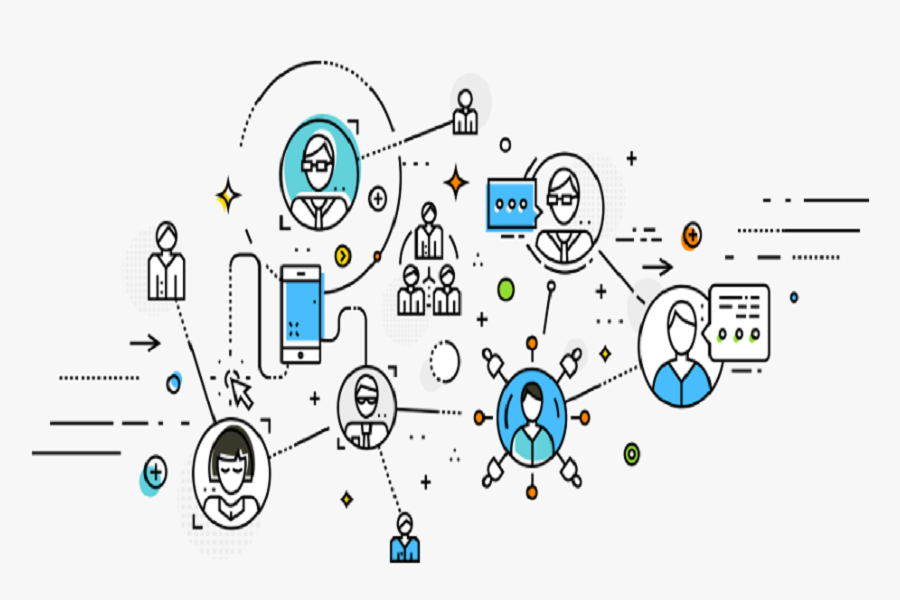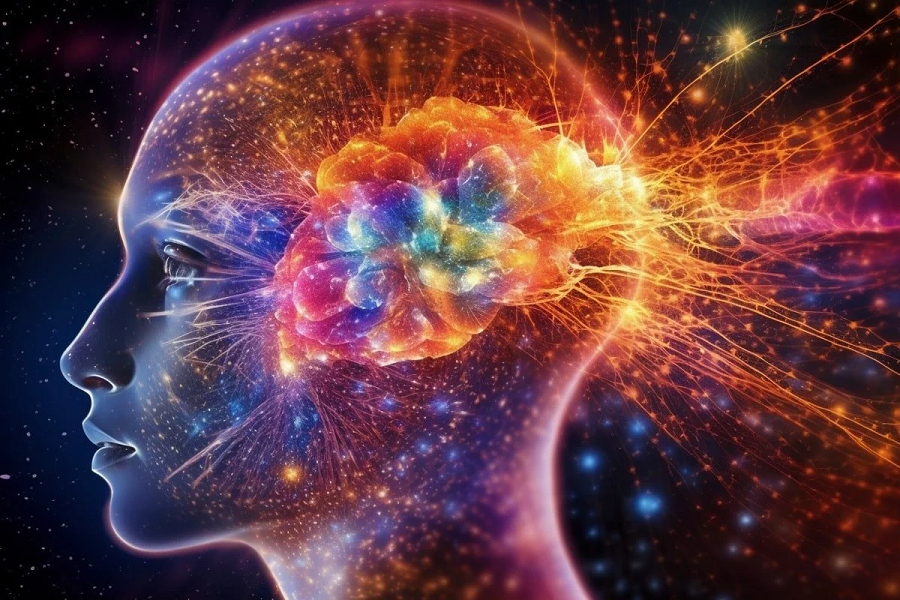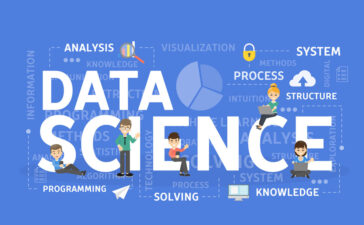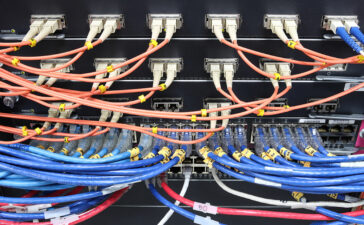Man-made consciousness (artificial intelligence) remains at the cutting edge of extraordinary advancements, reforming different parts of our lives. From enhancing efficiency in industries to influencing daily interactions, AI applications continue to evolve, shaping the present and future of technology. This exploration delves into the diverse uses of AI, shedding light on its applications, benefits, and the ethical considerations that accompany its rapid integration into society.
1. Healthcare Diagnosis and Treatment:
AI-powered diagnostic tools analyze medical data to identify patterns and anomalies, aiding in early disease detection. Machine learning algorithms contribute to personalized treatment plans, optimizing patient care.
2. Autonomous Vehicles:
Man-made intelligence calculations empower self-driving vehicles to explore streets, decipher traffic conditions, and go with ongoing choices. This innovation holds the possibility to upset transportation, lessening mishaps and further developing proficiency.
3. Virtual Personal Assistants:
Virtual assistants like Siri, Alexa, and Google Assistant utilize AI to understand natural language, perform tasks, and provide information. They streamline daily activities and enhance user experience.
4. Financial Services:
AI algorithms analyze financial data to detect fraud, predict market trends, and optimize investment portfolios. Chatbots powered by AI enhance customer service in banking and finance.
5. Education:
AI-driven educational platforms offer personalized learning experiences. Adaptive learning systems adjust content based on individual student progress, catering to diverse learning styles.
6. E-commerce and Recommendation Systems:
Recommendation algorithms use AI to analyze user preferences and behavior, offering personalized product suggestions. This upgrades the shopping experience and increments consumer loyalty.

7. Robotics:
Computer based intelligence assumes a significant part in mechanical technology, empowering machines to perform errands in different enterprises, from assembling to medical services. Robots outfitted with computer based intelligence can adjust to changing conditions and interface with people.
8. Natural Language Processing (NLP):
NLP enables machines to understand, interpret, and generate human language. Applications range from language translation to sentiment analysis on social media.
9. Cybersecurity:
AI is employed in cybersecurity to detect and prevent cyber threats. Machine learning algorithms analyze patterns to identify potential security breaches and enhance system defenses.
10. Entertainment and Gaming:
AI enhances the gaming experience by creating intelligent non-player characters (NPCs) and adapting gameplay based on user behavior. In the entertainment industry, AI contributes to content recommendation and production.
Ethical Considerations:
As AI becomes increasingly integrated into our lives, ethical considerations are paramount. Issues such as bias in AI algorithms, privacy concerns, and the impact on employment are subjects that demand careful consideration. Finding some kind of harmony among development and moral obligation is crucial for tackle the maximum capacity of simulated intelligence while relieving possible dangers.
All in all, computer based intelligence applications length a wide cluster of areas, impacting how we work, live, and cooperate. As innovation keeps on propelling, it is urgent to move toward the mix of man-made intelligence with an insightful and moral outlook, guaranteeing that its advantages are tackled mindfully to improve society.










